We’ve come a long way since the soymilk of the ‘70s, but almond milk still curdles perfectly good cups of coffee, coconut milk makes for a watery substitute, and cashews, no matter how gently you milk them, can’t quite match the subtle tang of dairy. Not to mention that if you have a nut, soy, or gluten allergy, the options are seriously limiting. But will Silicon Valley be the one to swoop in and solve everyone’s lactose issues?
Much to the chagrin of the dairy industry, dairy-free milk consumption is soaring, according to a recent consumer report. Go to any grocery store and you’ll find a dizzying amount of creamy choices: soy, almond, coconut, hemp, and rice milks abound. They all are made via the same general process: soaking a nut, bean, or grain and then blending it with water, sweetener, and thickener to mimic the rich texture and flavor we find so irresistible in dairy milk (and to mask the flavor of the main ingredient as much as possible).
But plant-based food producer Perfect Day isn’t using animals or nuts to craft their version. They’re making—get this—actual milk.
[quote position="full" is_quote="true"]Many people initially go ‘oh, is this like lab or test-tube milk?’—but that’s wrong.[/quote]
“We’ve developed a way to make casein—the same protein found in cow’s milk—without using cows,” says its founders Ryan Pandya and Perumal Gandhi on their website. “Instead, our casein is made using dairy yeast that eat sugar and transform it into milk protein.”
First, they procure standard USDA-approved dairy yeast and manipulate its DNA so that it will ferment sugar and produce milk proteins (casein and whey). They even nicknamed the yeast Buttercup. The company initially launched in 2014 as Muufri, but after two years of research and development, feedback from friends and fans, and a $2 million investment, the founders decided to rebrand with a new, utopic name and a more modern look. They’re slated to release their first animal-free dairy products sometime in 2017, and have promised to be competitively-priced with conventional dairy as they scale up production.
The process of making a more perfect milk is similar to brewing craft beer. Pandya and Gandhi call it “yeast farming,” a process of fermentation where the microorganisms in yeast feed on sugar and grow. Don’t worry, this milk isn’t alcoholic, nor is it lab-grown.
“Many people initially go ‘oh, is this like lab or test-tube milk?’—but that’s wrong,” Pandya told the Guardian. “The meat folks are trying to invent technology that doesn’t exist today, but our milk is made through techniques in use for more than three decades.”
If you can get past the oddity of growing milk in a vat of yeast rather than inside of a dairy cow, the environmental claims are tough to argue with. Compared with conventional dairy products, Perfect Day claims that their process uses ninety percent less water and land, produces 84 percent less greenhouse gases, and uses 65 percent less energy. The impact of switching from factory farmed dairy products to animal-free milk would be a big win for the planet and for the cows, but the real question is: will people actually buy and drink the stuff?
[quote position="full" is_quote="true"]We’ve developed a way to make the same protein found in cow’s milk without using cows.[/quote]
Perfect Day skirts around the ethical complaints brought against the dairy industry for using cows as milk machines, but the founders say they aren’t trying to put all dairy farmers out of business.
“We wholeheartedly support the countless dairy farmers across the globe who use sustainable farming practices and genuinely care for their animals,” their website says, a stance that has already proved unsettling for some die-hard activists.
If Pandya and Gandhi can win over dairy lovers with their yeast-grown milk and appeal to vegans despite their support for dairy farming, Perfect Day could be the one milk that unites us all.















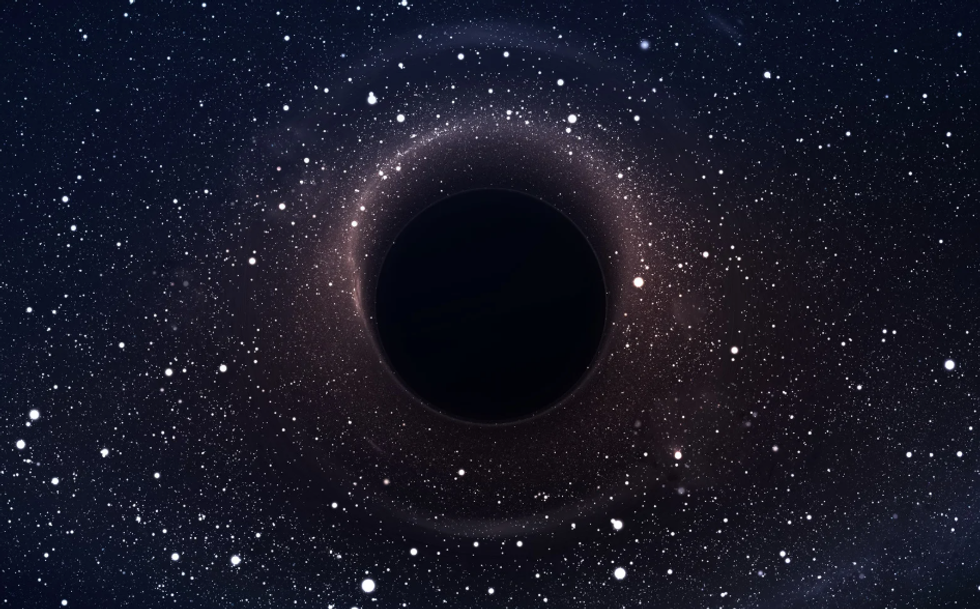 Visualization of a black holeImage via Canva
Visualization of a black holeImage via Canva

 Speaking in public is still one the most common fears among people.Photo credit: Canva
Speaking in public is still one the most common fears among people.Photo credit: Canva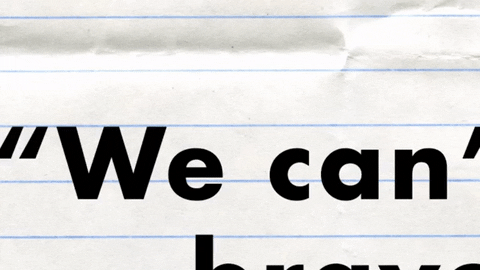 muhammad ali quote GIF by SoulPancake
muhammad ali quote GIF by SoulPancake

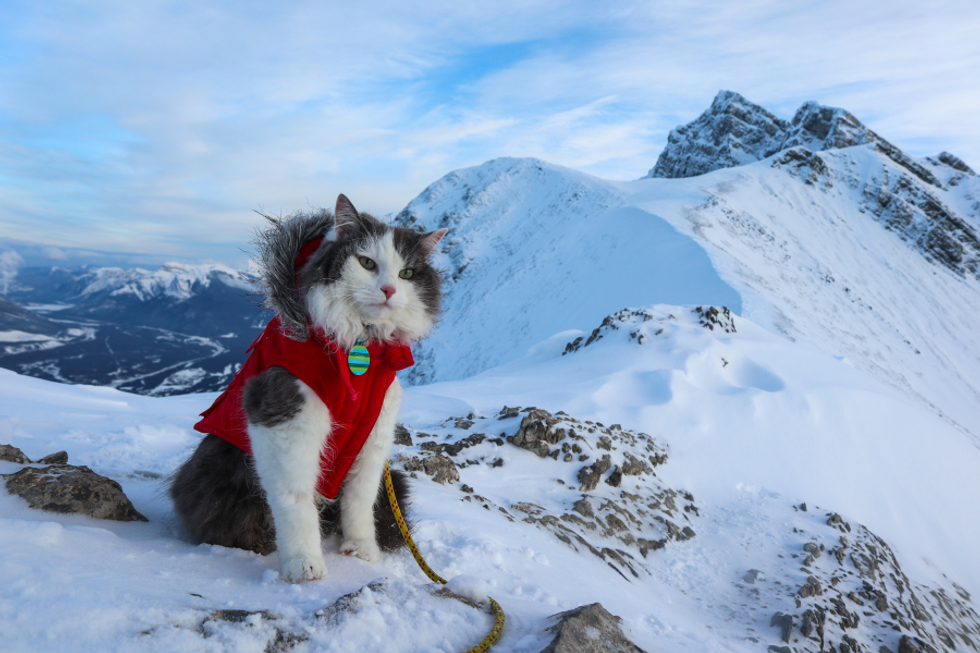 Let us all bow before Gary, the Internet's most adventurous feline. Photo credit: James Eastham
Let us all bow before Gary, the Internet's most adventurous feline. Photo credit: James Eastham Gary the Cat enjoys some paddling. Photo credit: James Eastham
Gary the Cat enjoys some paddling. Photo credit: James Eastham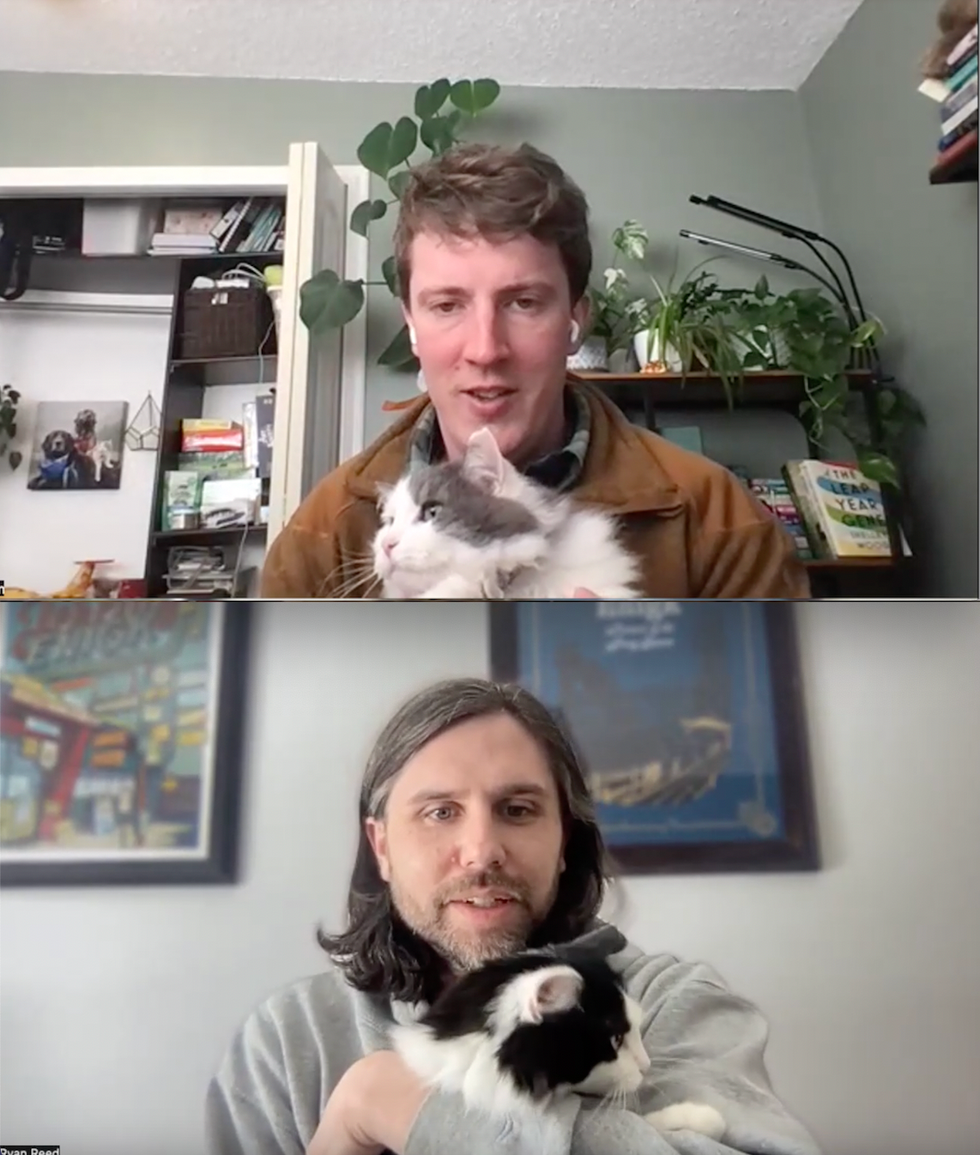 James and Gary chat with Ryan Reed and Tony Photo credit: Ryan Reed
James and Gary chat with Ryan Reed and Tony Photo credit: Ryan Reed


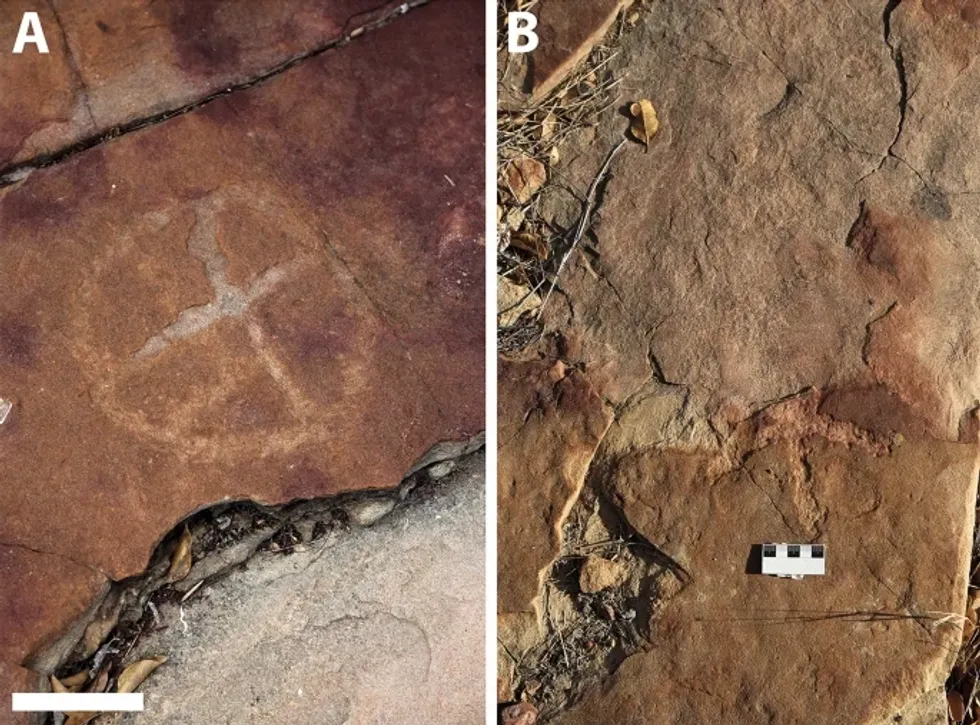 Rock deterioration has damaged some of the inscriptions, but they remain visible. Renan Rodrigues Chandu and Pedro Arcanjo José Feitosa, and the Casa Grande boys
Rock deterioration has damaged some of the inscriptions, but they remain visible. Renan Rodrigues Chandu and Pedro Arcanjo José Feitosa, and the Casa Grande boys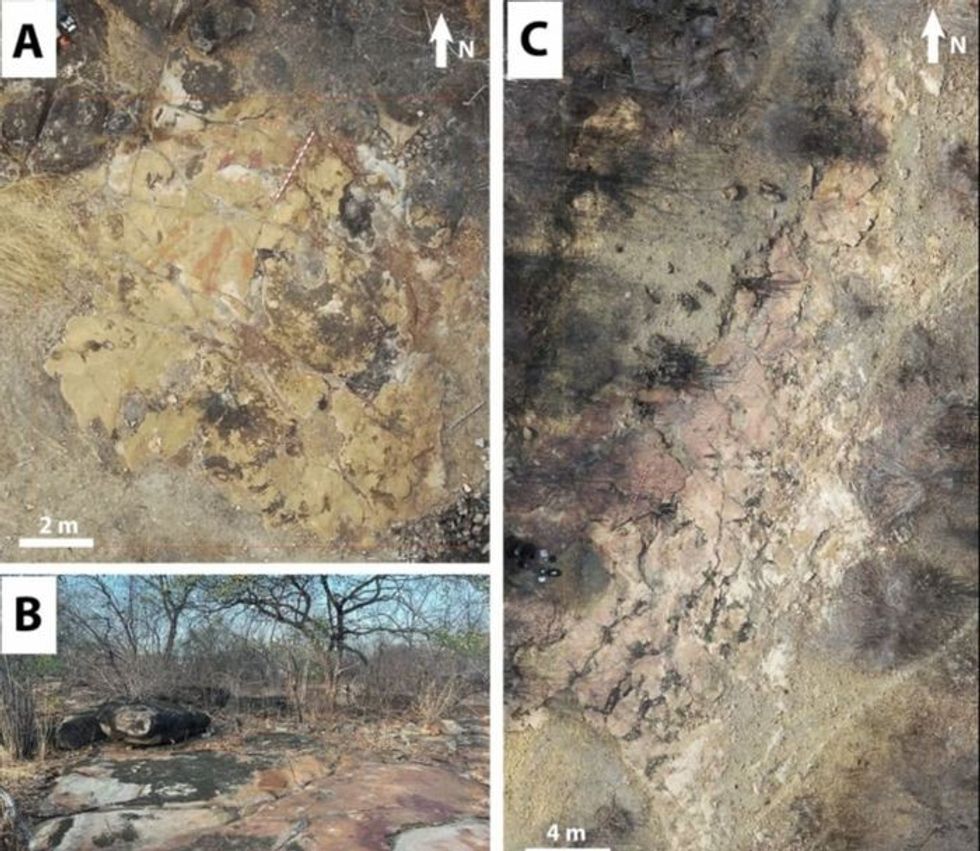 The Serrote do Letreiro site continues to provide rich insights into ancient life.
The Serrote do Letreiro site continues to provide rich insights into ancient life.